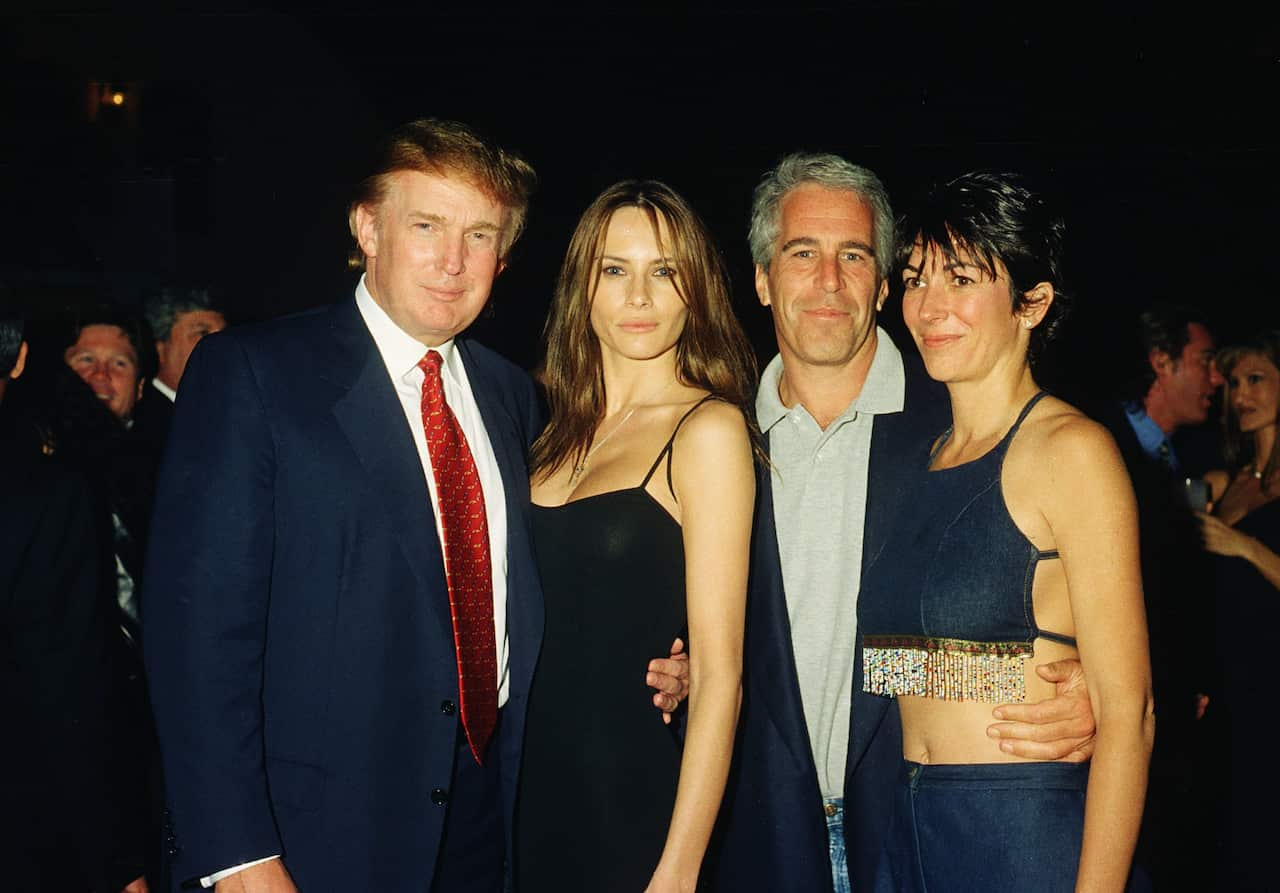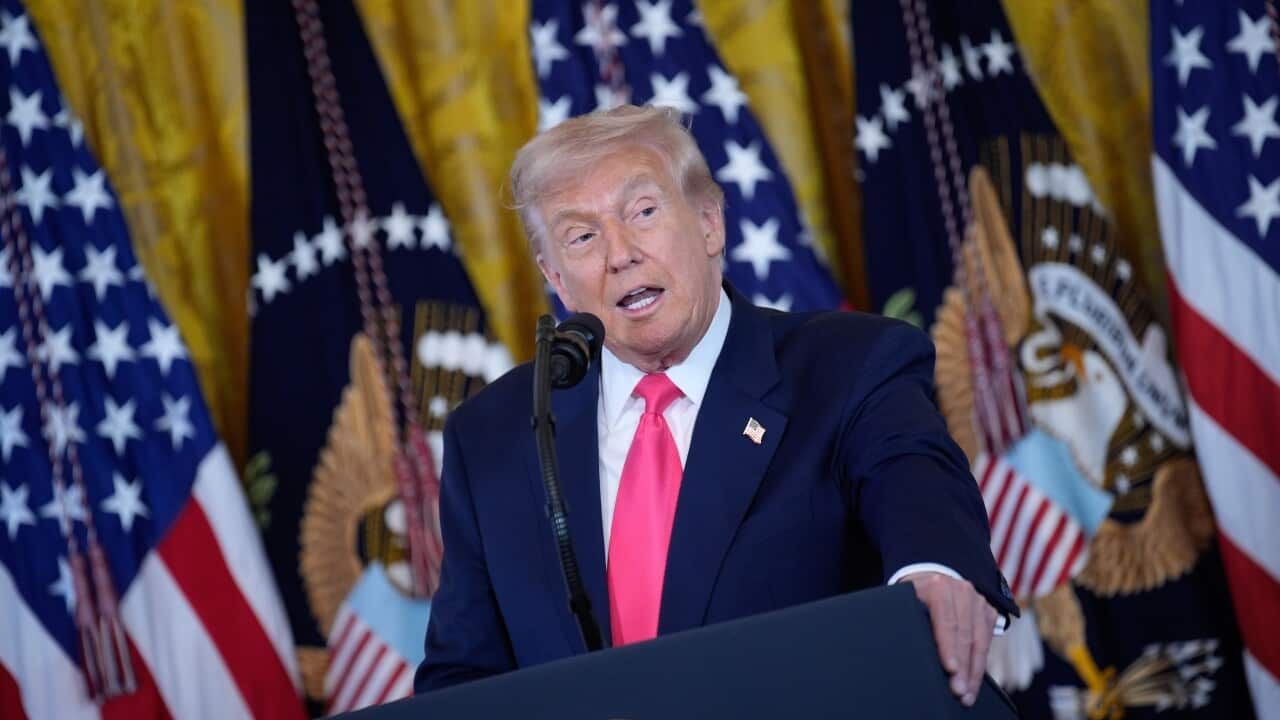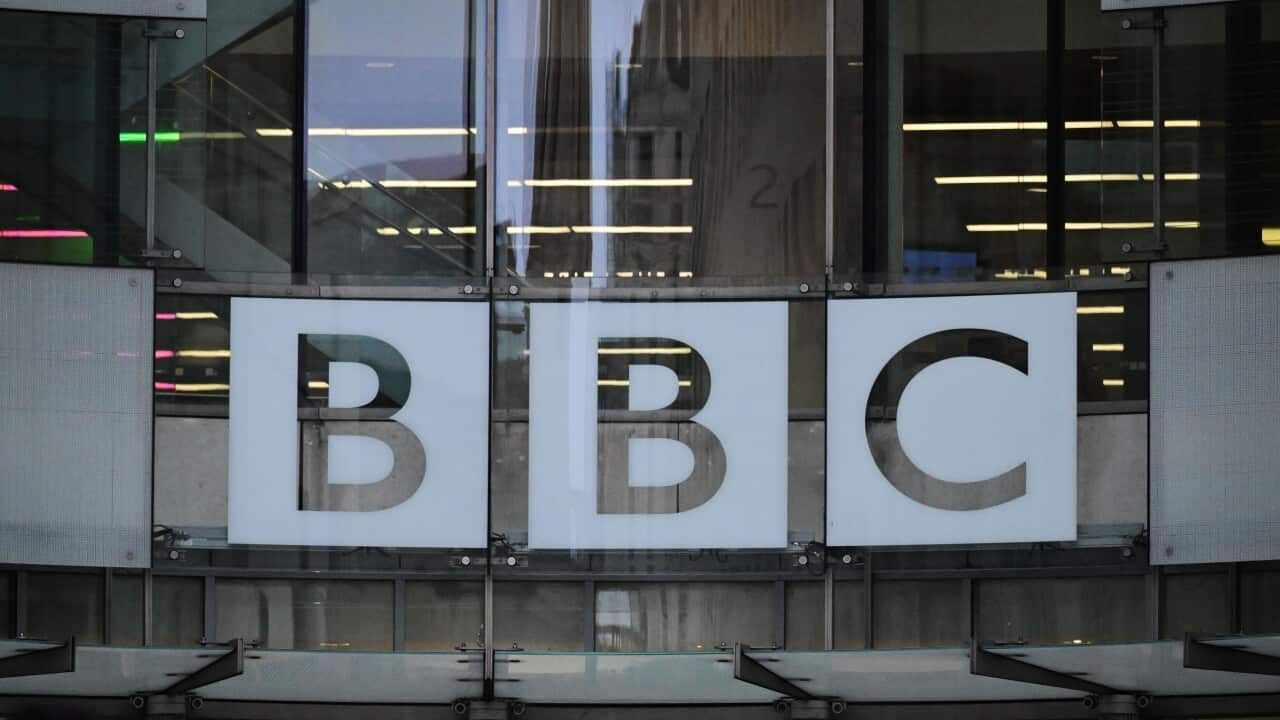This story contains references to suicide.
A fresh political storm has erupted in Washington after politicians in the US released more than 20,000 previously unseen documents linked to sex offender Jeffrey Epstein.
Democrats on the House Oversight Committee — a federal body that oversees government functions — released a batch of emails between Epstein and his associates, including United States President Donald Trump.
Republicans accused the Democrats of cherry-picking a handful of messages to push a false narrative, responding by releasing a further 20,000 Epstein-related documents.
The escalation comes as the US House of Representatives prepares to vote next week on whether the Justice Department should be forced to release all of its unclassified Epstein records.
Here are the key takeaways.
Emails claim Trump ‘knew about the girls’
The Democrats’ initial release included emails that revived long-standing questions about Trump’s past relationship with Epstein and how much he knew about Epstein’s abuse of underage girls.
In a 2019 message to author Michael Wolff, Epstein wrote that Trump “knew about the girls” — though it was not clear what that phrase meant.
Other emails released by Republicans show Epstein writing that Trump “came to my house many times” but “never got a massage.”
Epstein’s hostility toward Trump
Several messages revealed Epstein’s increasingly negative view of Trump over the years.
In a 2017 email, Epstein wrote: “I have met some very bad people. None as bad as Trump. Not one decent cell in his body.”
In a 2011 message to Ghislaine Maxwell, who conspired with the sex offender to recruit underage girls that she and Epstein abused, Epstein referred to Trump as “that dog that hasn’t barked”. He also claimed Trump “spent hours at my house” with a victim whose name has been redacted.
Maxwell was jailed for 20 years in 2022 for sex trafficking. Epstein died by suicide in a New York jail in 2019 while awaiting trial on sex trafficking charges.
Jeffrey Epstein (left) and Donald Trump at Trump’s Florida estate in 1997. Source: Getty / Davidoff Studios Photography
Other emails show Epstein branding Trump as “evil beyond belief”, “mad”, and a “maniac” showing signs of “early dementia”.
The White House criticised the Democrats’ smaller document release, saying it was selectively chosen to make Trump look bad.
“These emails prove absolutely nothing other than the fact that President Trump did nothing wrong,” White House press secretary Karoline Leavitt said.
Andrew, formerly known as Prince, re-enters the picture
The new documents also mention Andrew Mountbatten-Windsor, formerly known as Prince Andrew, suggesting he remained in contact with Epstein longer than once thought.
In a March 2011 message — four months after Andrew said he had cut ties — he wrote to Epstein and Maxwell about an upcoming story from the Daily Mail: “I don’t know anything about this! You must SAY so please. This has NOTHING to do with me. I can’t take any more of this.”
Another 2011 email appears to challenge Mountbatten-Windsor’s attempts to distance himself from accuser Virginia Giuffre. Andrew previously said he had “absolutely no memory” of a photo being taken with Giuffre, and has questioned whether the image is genuine.
But Epstein — who allegedly took the photo — wrote: “Yes she was on my plane, and yes she had her picture taken with Andrew as many of my employees have.”
Republicans release 20,000 documents
In response, Republicans released a cache of 20,000 Epstein-related documents in which Trump’s name surfaces frequently, though typically in the context of his political career or allegations of sexual behaviour.
In one exchange, Epstein refers to a 20-year-old girlfriend that he “gave to Donald” in 1993, and talks about photos of “donald and girls in bikinis in my kitchen,” though it is not clear whether he is joking.
Trump on Wednesday accused Democrats of releasing the emails to distract from the record 43-day shutdown of the government, writing on Truth Social: “The Democrats are trying to bring up the Jeffrey Epstein Hoax again because they’ll do anything at all to deflect on how badly they’ve done on the Shutdown, and so many other subjects.”
Leavitt accused Democrats of redacting the victim’s name in the released emails because the victim was Virginia Giuffre, who took her own life in Western Australia in April and had called Trump friendly without accusing him of any wrongdoing in her posthumous memoir.
Donald Trump, his now-wife Melania, Jeffrey Epstein, and Ghislaine Maxwell together at the Mar-a-Lago club in 2000. Source: Getty / Getty Images
Trump has vehemently and consistently denied knowing about Epstein’s sex trafficking. He has said that he and Epstein were once friends before having a falling out.
House to vote on release of files
Next week’s vote could determine how much of the US government’s Epstein material becomes public.
The proposal — known as the Epstein Files Transparency Act — would require the Justice Department to release all unclassified records, investigative materials and correspondence relating to Epstein.
The vote was triggered when Democratic Representative Adelita Grijalva was sworn in, which provided a majority to force a House vote — something Trump and some Republican leaders have resisted.
Reporting from Axios and others suggests Trump and senior officials have pressured Republicans Lauren Boebert and Nancy Mace to withdraw their support, which would stop the vote from happening.
The resolution — introduced by Republican representative Thomas Massie and co-sponsored by 11 Republicans and 39 Democrats — presents a political dilemma for House Republicans torn between loyalty to Trump and appeals from some of Epstein’s alleged victims.
Massie said politicians should think long-term: “If they’re thinking about the right thing to do, that’s pretty obvious: you vote for it.”
“But if they’re just thinking politically, they need to look past 2028 and wonder if they want this on their record for the rest of their political careers.”
Even if the bill passes the House, it would still need support from the Senate — and the signature of Trump — to become law.
— With additional reporting by Reuters and Australian Associated Press.
Readers seeking crisis support can ring Lifeline on 13 11 14 or text 0477 13 11 14, the Suicide Call Back Service on 1300 659 467 and Kids Helpline on 1800 55 1800 (for young people aged up to 25). More information and support with mental health is available at beyondblue.org.au and on 1300 22 4636.








